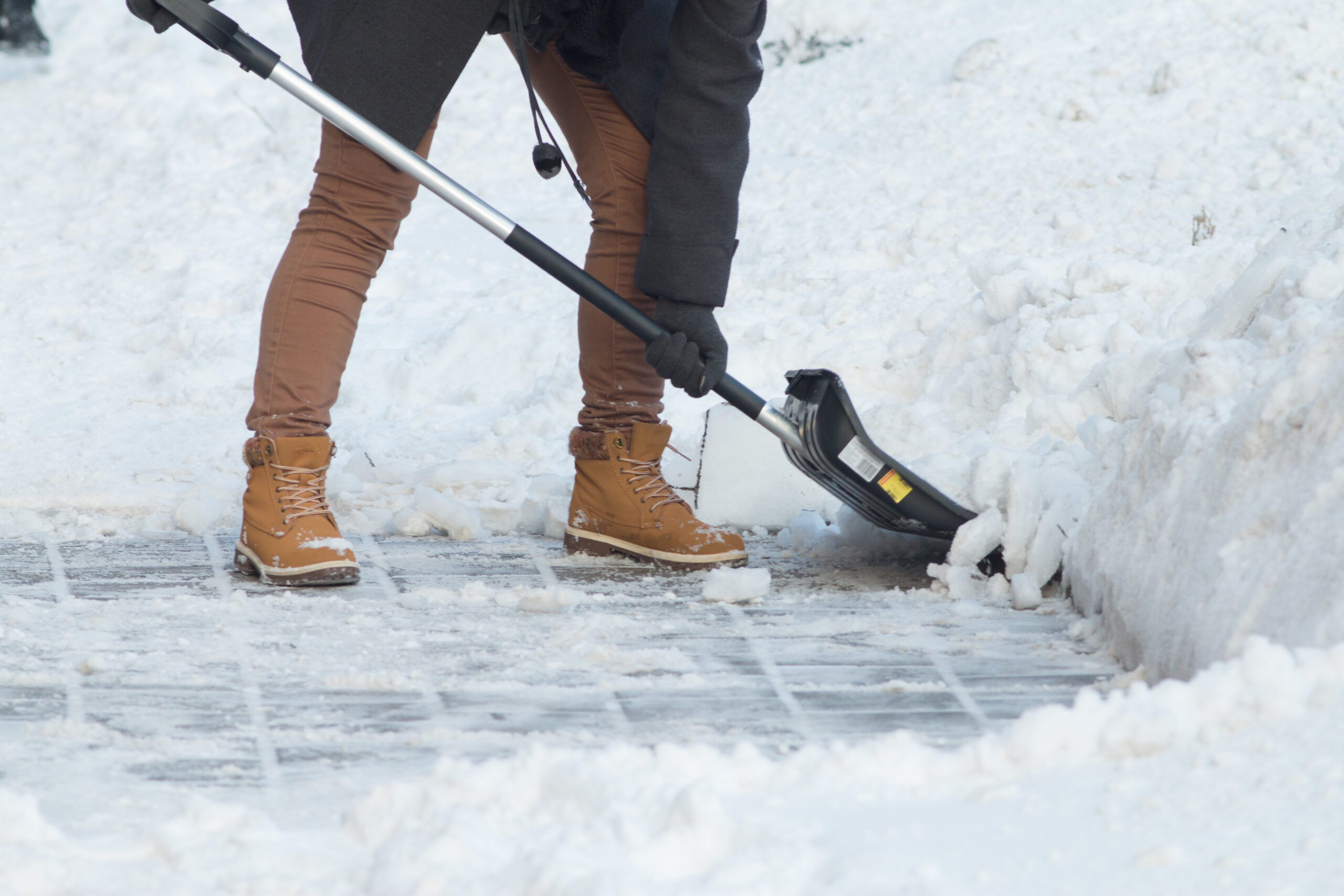INSURICA Healthcare Times
Keeping you ahead of the risks and challenges unique to your industry.
Winter 2023
“February is American Heart Month, a time when you can check in on your cardiovascular health.
While heart disease can be deadly for adults, it’s also preventable in most people. Risk factors include high blood pressure, high cholesterol, smoking, obesity, an unhealthy diet and physical inactivity.
According to the Centers for Disease Control and Prevention, heart disease is the leading cause of death in the United States, responsible for every 1 out of 5 deaths.
Cardiovascular disease and the conditions that lead to it can happen at any age. Some types of heart disease include arrhythmia, heart failure, heart attack and stroke.
FEATURED ARTICLE
Staying Healthy in Winter
The winter months are notorious for bringing sickness. Flu season begins in October and ramps up into January. Colds are also more common during the winter months. Read on for tips on keeping yourself and your family healthy this winter.
FEATURED ARTICLE
Snow and Ice Removal Tips
Owners and managers of commercial property have an obligation to maintain safe conditions for employees and occupants. During the winter season, walkways, stairs, driveways, interior roadways and parking lots become slip and trip hazards as snow falls and ice forms. This is not only a safety hazard, it can also be an expensive legal issue for property owners, if an accident occurs.
FEATURED ARTICLE
Working Safely with Sharps
The OSHA standard for blood-borne pathogens requires that any employee exposed to blood, or other potentially infectious materials (OPIM), follow proper safety precautions when working with needles and other possible contaminated sharps as part of their job duty.
Related Articles
Wheelchair Safety for Passenger Vans
Passenger vans—which typically have an occupancy of between nine and 15 people—are used by many organizations to transport a wide range of passengers. Some of those passengers require the use of a wheelchair. Wheelchairs can either be stored as cargo when not in use or used as a seat during transport. There are many safety considerations and best practices to be aware of for those who are in charge of the loading, unloading and securement of wheelchairs and their occupants in passenger vans. These best practices are especially important when a passenger is using a wheelchair as a seat in the vehicle. As such, employees should be trained on working with different types of wheelchairs as seats in the vehicle, securing occupants in those seats and securing the wheelchair as cargo when it is not in use.
Understanding Radon Risks
Radon is a colorless, odorless and tasteless radioactive gas that is formed from the natural radioactive decay of uranium found in many rocks, soils and water. It is a known human carcinogen. As the second leading cause of lung cancer behind smoking, it presents a serious health risk to those exposed.
Reduce Workers’ Compensation Claims with Ergonomics
Healthcare workers, especially those employed by nursing homes, perform a variety of lifting tasks that put extreme strain on their bodies. Often, an employee must physically support and move residents who are larger and heavier than he or she can bear. As a result, these workers are at high risk for developing job-related injuries. Nursing aides, orderlies and attendants have the highest incidence rate of musculoskeletal disorders, two times greater the average rate of all occupations. A recent study showed that healthcare workers sustained 47,840 injuries over a period of a year that required days away from work, the second highest of any occupation. Overexertion was the leading cause or exposure for those injuries.






